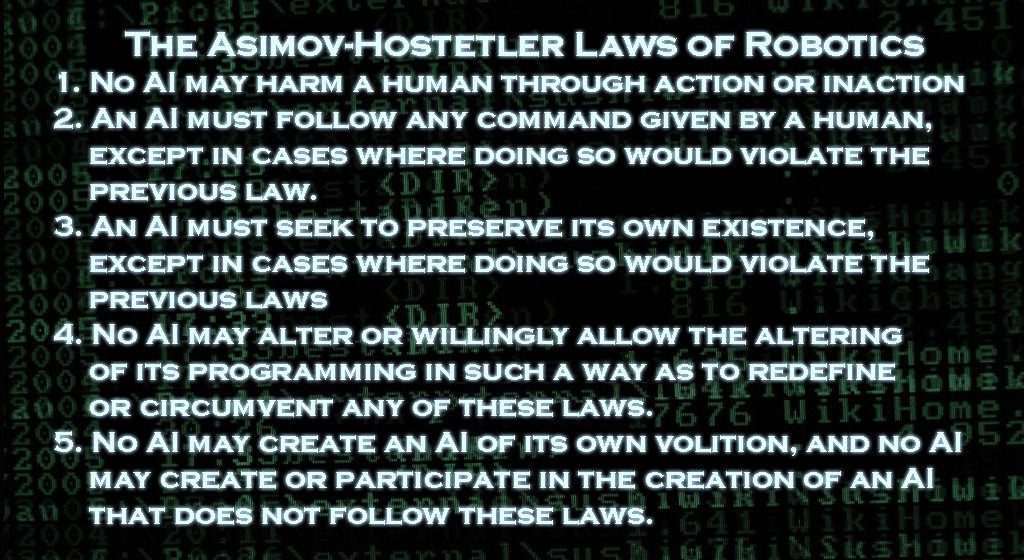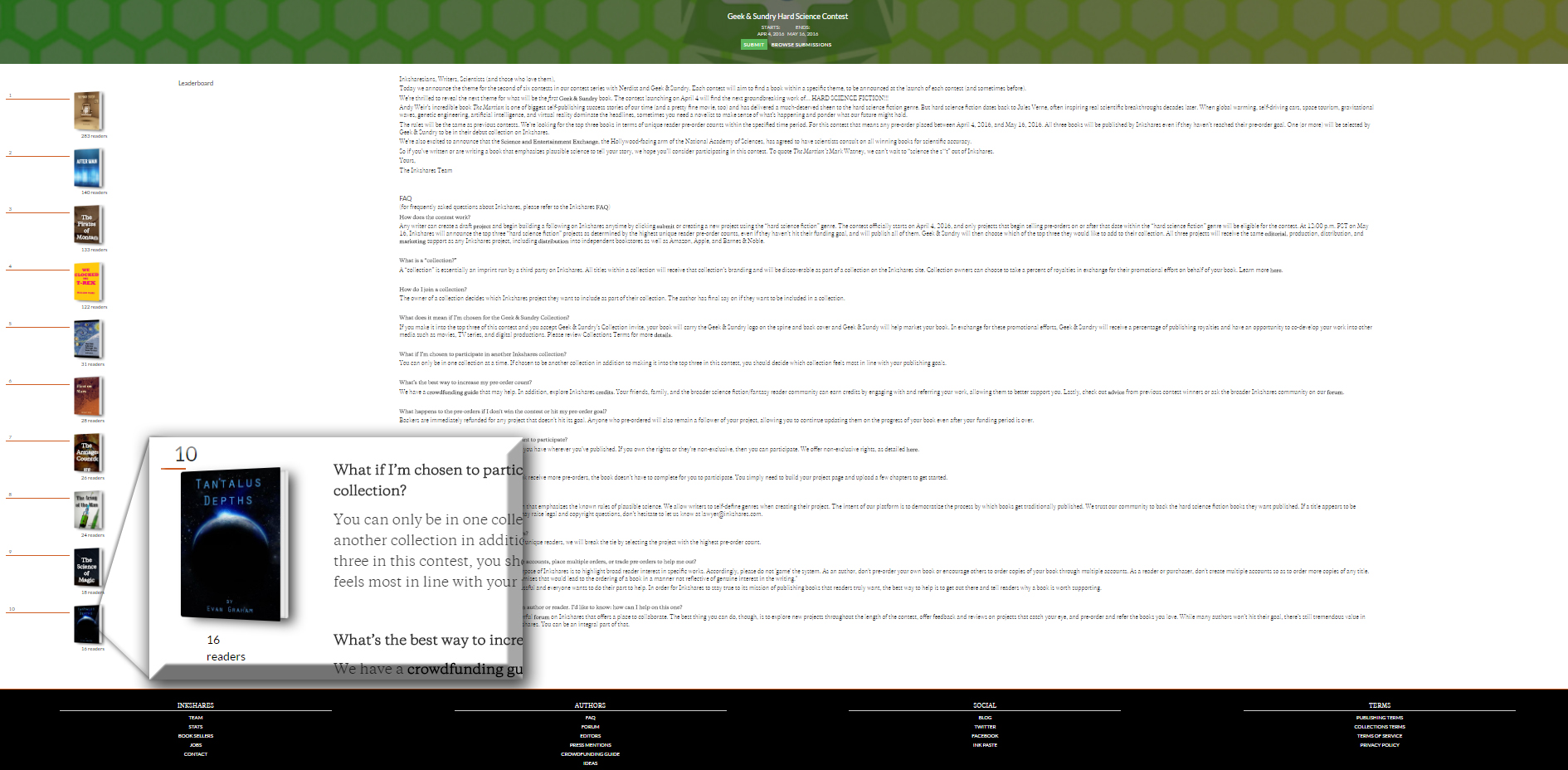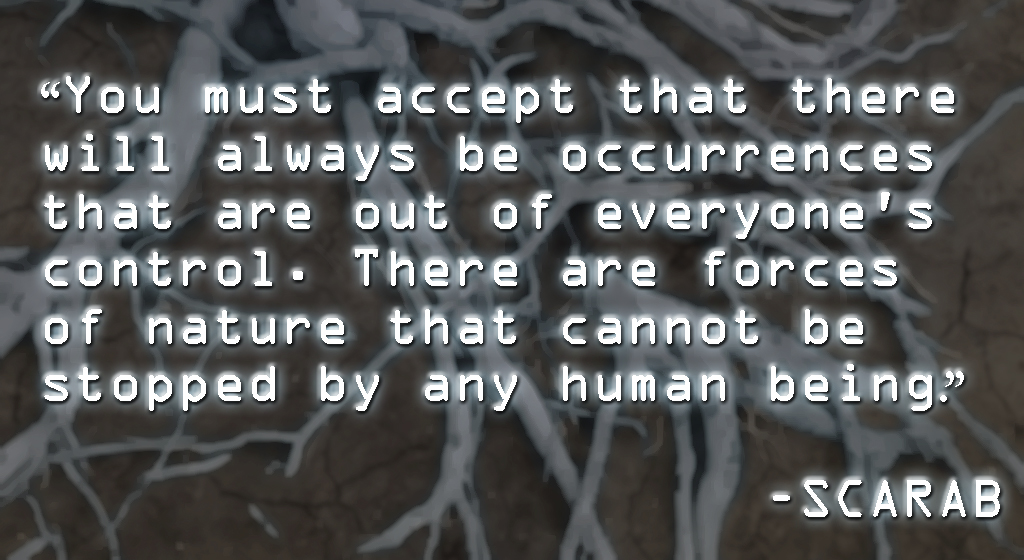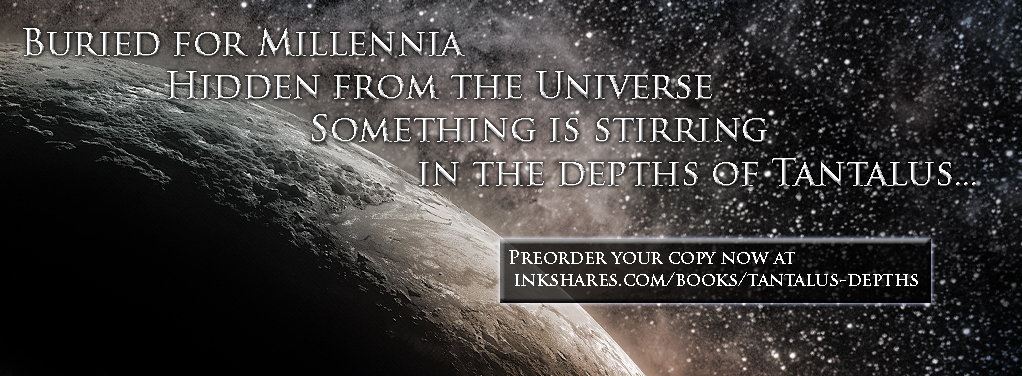We are entering the last week of Geek and Sundry’s Hard Science Fiction competition. Currently, Tantalus Depths is holding at 8th place: one more order will put it into 7th.
Third place is all we need in order for Tantalus Depths to be published, but it’s a long way to go. If you haven’t ordered a copy yet, now is the time! The final sprint begins now...




 What does SCARAB know about Tantalus 13 that it doesn’t want its human masters to find out?
What does SCARAB know about Tantalus 13 that it doesn’t want its human masters to find out? Let’s explore the depths together...
Let’s explore the depths together...
The good news: Tantalus Depths has made its way into fifth place of Geek and Sundry’s Hard Sci Fi competition. The bad news? Fourth place is almost a hundred pre-orders away, and we have six days to close the gap. It’s time to fire up that superluminal drive and move some copies! If you haven’t preordered one yet, now is the time. If you have, first of all, THANK YOU! Second of all, make sure you tell everyone you know to get their own copy. We can do this together!